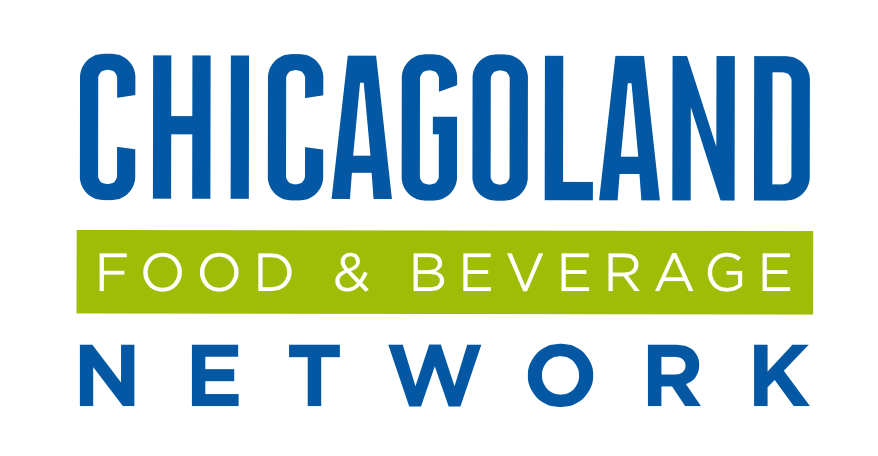Interest in both functional beverages and digestive health has been bubbling up for the last several years, creating the perfect opportunity for prebiotic sodas. The drinks provide consumers with the fizz they crave and the digestive health benefits of prebiotic dietary fiber.
According to SPINS data, functional soda, including prebiotic varieties, now represents 14% of the digestive health category.
However, there are looming threats that could hinder future category growth. Many prebiotic fibers have limited heat and pH stability which drives up manufacturing costs and requires them to be stored in the refrigerated section.
COMET, a North American food ingredient manufacturer, has risen to the challenge and brings a science-backed solution to the beverage world. Its proprietary line of Arrabina prebiotic dietary fibers can survive shelf-life limitations and the demanding beverage manufacturing processes that often involve high heat, high pressure, and acidic environments.
Other prebiotic fibers, including inulin, break down into sugar in these conditions, which raises production and storage costs at a time inflationary prices are already eating into consumers’ grocery budgets.


